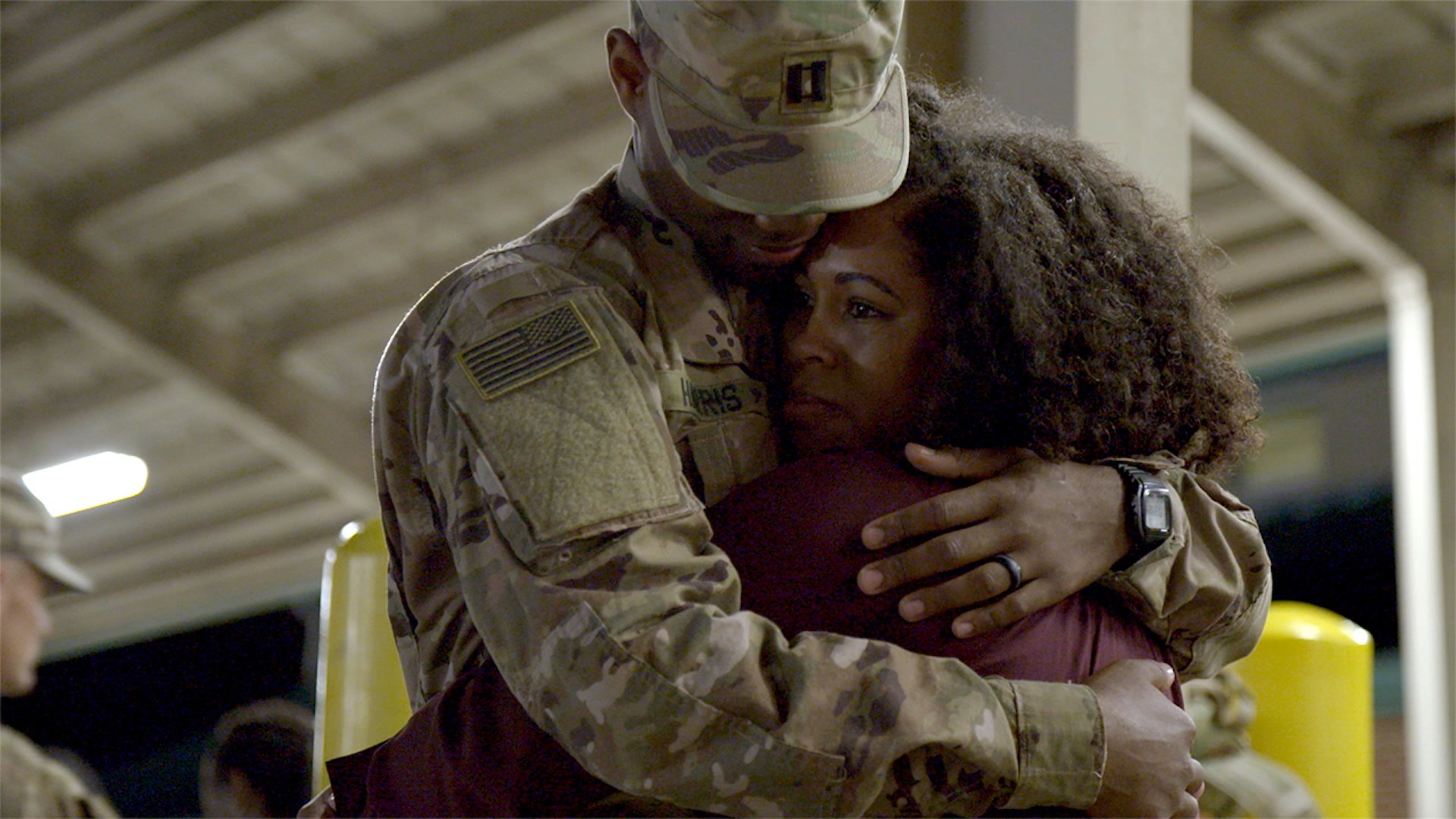Gunmen disguised in army uniforms transformed Kabul’s five-star Intercontinental Hotel into a battlefield Saturday night, targeting foreigners, while guests and staff hid and posted heart-wrenching goodbyes on social media.The 13-hour siege left at least 18 people dead (though local outlets put that number higher), and threw Afghanistan's capital city back into crisis, just days after senior representatives of the United National Security Council visited in a show of support for the embattled Afghan government.Though the U.S. has claimed “real progress on the ground” in recent months, Saturday’s assault inside one of Kabul's most recognizable hotels again raises questions about the Afghan government’s ability to secure the country and the U.S. strategy that ultimately hinges on it, analysts said."It's just another sign that sixteen years after we've gone into this country we still can't keep the capital city safe," said Colin Clarke, an expert on terrorism and insurgency at RAND Corporation. "It's just an extremely fragile, precarious situation still."The U.S. Army plans to send up to 1,000 additional U.S. troops to Afghanistan this spring, U.S. senior military officials told the Washington Post on Sunday. The latest proposal adds to a more aggressive strategy overall under President Trump, who has nearly doubled the troop presence in Afghanistan since taking office, in the hopes of bringing the Taliban to the negotiating table.Read: U.S. troops will face the deadliest Taliban yetLife hasn't been much better for Afghans throughout the country either. Despite a dramatic uptick in airstrikes and operations by the U.S. military in 2017, Afghanistan experienced explosive violence in 2017, with civilian casualties reaching a record-high.Michael Kugelman, deputy director of the Asia Program at the Woodrow Wilson Center, told NPR last month that Afghanistan was still “one of the most volatile regions in the world,” and that Trump’s addition of troops was hardly a sure path to success for the war-torn country.“That's very risky because we've tried it before … when we had more than 100,000 U.S. troops on the ground during the height of the U.S. troop surge in 2010," Kugelman said. "Didn't work then, so I don't see why it would necessarily work now.”Afghanistan’s Interior Ministry said it was investigating how the assailants managed to break into the Intercontinental — a state-owned hotel popular among journalists and politicians — and added that the hotel’s security had been transferred to a private firm around three weeks ago.No matter its findings, Saturday’s incident amounts to another breakdown for an Afghan security force that continues to struggle to keep its people safe.According to the Special Inspector General for Afghanistan Reconstruction's last quarterly report to Congress, “the ANDSF is suffering unsustainable casualty rates, Taliban insurgents and terrorist groups operate in much of the country, and large areas of Afghanistan are no-go zones for foreigners.”Read: More bombs, more boots, more casualties — Trump's first year as commander in chiefSaturday’s attack was the second time the Intercontinental has been hit this decade; a similar assault in 2011 left 21 dead. Kabul’s restaurants, hotels, and cafes, have also been the site of terrorist attacks in the last 12 months, threatening another key aspect of Afghanistan’s future: spaces for dialogue between Afghans and the international community.“The Intercontinental has been a major place where Afghans themselves meet,” said Felbab-Brown. “This shrinks the space for expatriates to meet with Afghans, which is a very subtle but enormously bad development.”Cover image: A man tries to escape from a balcony at Kabul's Intercontinental Hotel during an attack by gunmen in Kabul, Afghanistan January 21, 2018. REUTERS/Omar Sobhani
Advertisement
But the terror group has rarely been stronger, controlling or contesting 45 percent of districts in Afghanistan, according to FDD’s Long War Journal, more than at any other point since the start of the war.The attack on Saturday was the latest example of Kabul’s vulnerability and the terror group’s strength, said Vanda Felbab-Brown, a senior fellow at the Brookings Institute.“The Taliban have repeatedly targeted hotels in Kabul, as well as restaurants, and so the quality of life in Kabul went down,” said Felbab-Brown. “I think that the confidence in the government has been low for a long time.”“I think that the confidence in the government has been low for a long time.”
Advertisement
Advertisement
